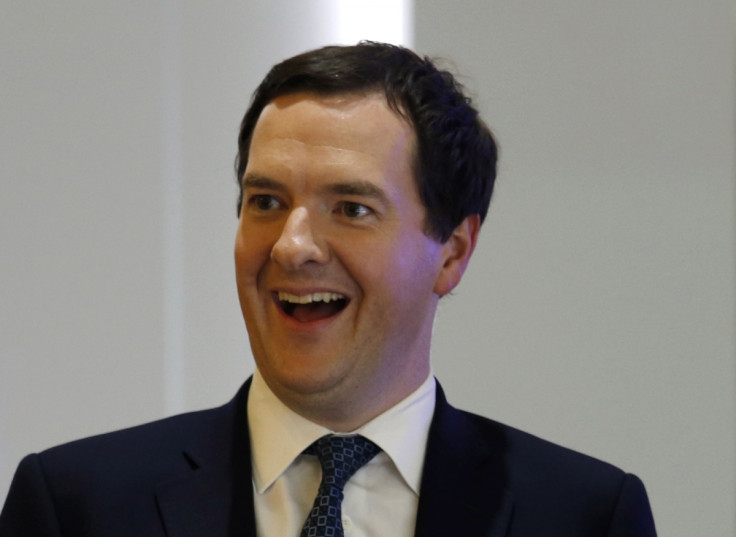IMF: UK Recovery Accelerates in 2014

Britain's economic recovery will be even stronger than thought during 2014 as the International Monetary Fund sharply upgrades its growth forecasts for the country.
The IMF said the UK economy would grow by 2.4% across the year, up from its previous estimate of 1.9% and the biggest increase of any country in the world. Growth will then slow slightly to 2.2% in 2015.
Rising confidence among consumers and firms was driving the recovery, said the IMF, as well as easing credit conditions. But the body warned that "economic slack will remain high", showing the UK has a lot more potential for growth.
UK Prime Minister David Cameron called the upgrade an "encouraging sign of more jobs and security".
However there are still concerns around the cost of living in the UK even as a recovery takes hold. Wages are growing at an annual rate of 0.8% against consumer price inflation of 2%, leading to a real terms decline in incomes.
Household finances have also been hit by higher energy bills as well as billions of pounds in cuts to the government's welfare budget.
Yet according to the Office for Budget Responsibility (OBR), the Treasury's independent fiscal watchdog, it is consumer spending that is largely driving the recovery rather than increased trade or business investment.
"After three damaging years of flatlining, any growth is both welcome and long overdue," said Ed Balls, Labour's shadow chancellor.
"But this is the slowest recovery for 100 years and working people are facing a cost-of-living crisis with real wages now down £1600 a year under David Cameron.
"With business investment still weak and the IMF forecasting that UK growth will slow down again next year, it's clear that this is not yet a recovery that is built to last."
The IMF also upgraded its global growth forecast by 0.1% for 2014 to 3.6%. This will quicken to 3.9% in 2015.
However it said "downward revisions to growth forecasts in some economies highlight continued fragilities, and downside risks remain."
The IMF urged advanced economies to maintain loose monetary policy as government austerity programmes continue.
In the UK, Chancellor George Osborne said there will be a further £25bn of public spending cuts from in the two years to 2018 as he seeks to erase the structural deficit in the Treasury's finances.
© Copyright IBTimes 2025. All rights reserved.






















